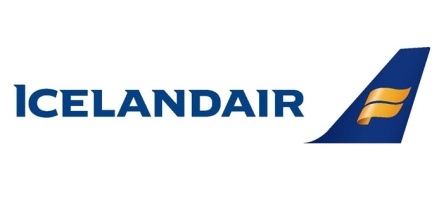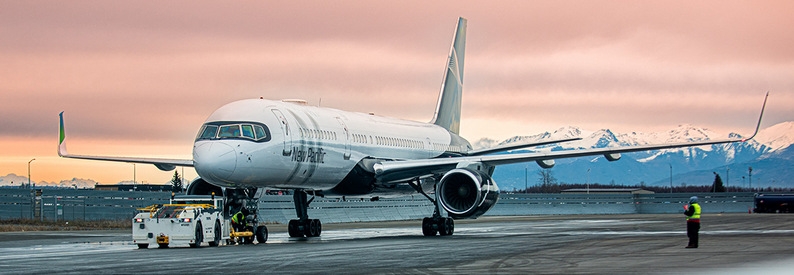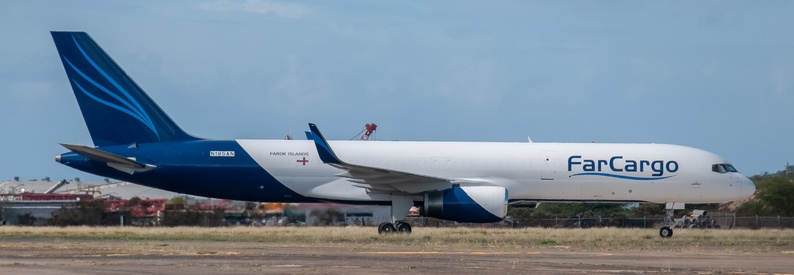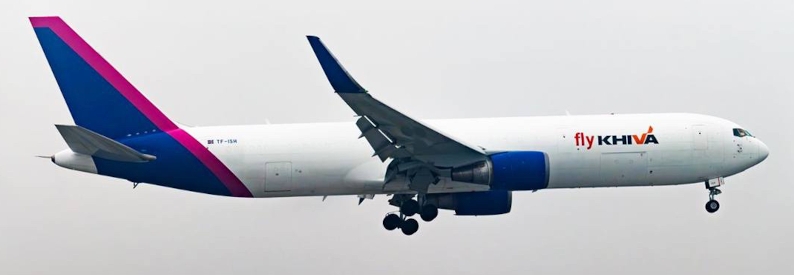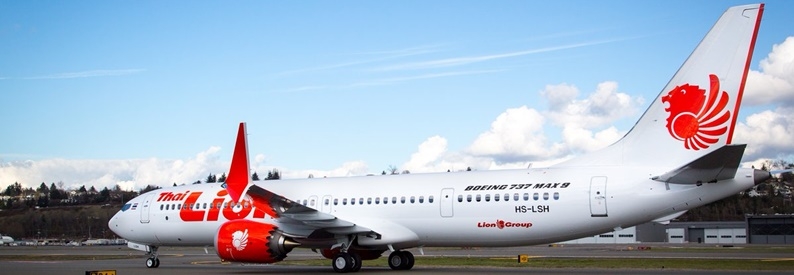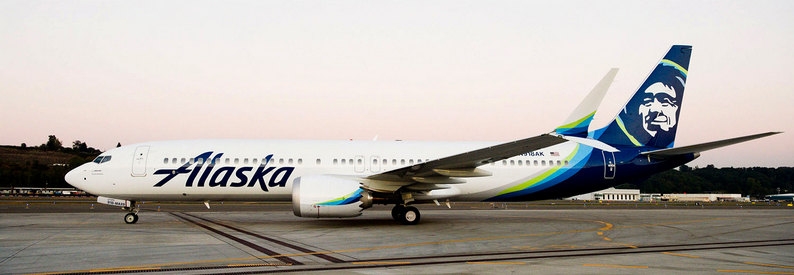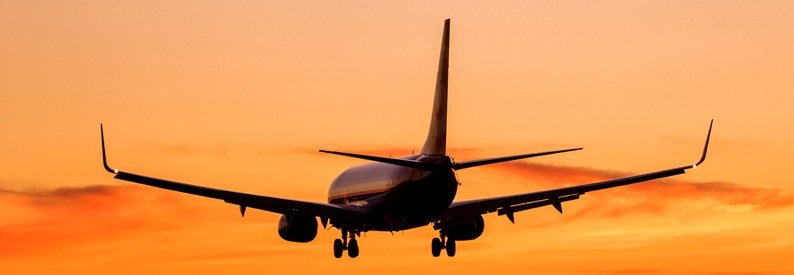Icelandair Group plans to initiate a competitive selection procedure to replace its B757s within the next twelve months and replace the type in the second half of the 2020s, Chief Executive Bogi Nils Bogason said during the group's annual investor call.
"In the second half of this decade, Icelandair will be considering another type of larger aircraft to replace the B757s. This provides the company with several options, both in terms of larger narrowbody aircraft and widebody aircraft," the holding said in its financial report.
The ch-aviation fleets module shows Icelandair (FI, Reykjavik Keflavik) currently operates sixteen B757-200s and two B757-300s. The -200s are 24.3 years old on average, and the -300s - 21 years. The airline will be gradually downsizing its B757 fleet even before the renewal drive begins in earnest - by summer 2022, it plans to operate just thirteen B757s.
Bogason has previously suggested that the airline was looking at long-range Airbus narrowbodies, but has since emphasised that other options are also on the table, including B787s.The B757s could exit Icelandair's fleet in 2026.
In its extensive fleet strategy review, the group concluded that short-term growth was possible based on its current fleet composition, mainly due to the planned deliveries of added B737 MAX. The Icelandic carrier currently operates six B737-8s and four B737-9s. It has a further four -8s due; two each from BOC Aviation and DAE Capital. The two units due from DAE Capital were signed for in January 2022, the group said. All four units are due by this summer season.
Icelandair's summer 2022 fleet will also comprise three B767-300ERs, down from the current four. The airline's cargo fleet comprises one B757-200(PCF) and one B757-200(PF) but will soon grow as Icelandair intends to convert two of its B767-300(ER)s into freighters. The downsizing of the B767 passenger fleet is therefore likely related to the conversion schedule.
Icelandair Group, which also owns Loftleidir Icelandic and fully merged domestic subsidiary Air Iceland Connect (Reykjavik Domestic), posted a USD104.8 million net loss in 2021.
